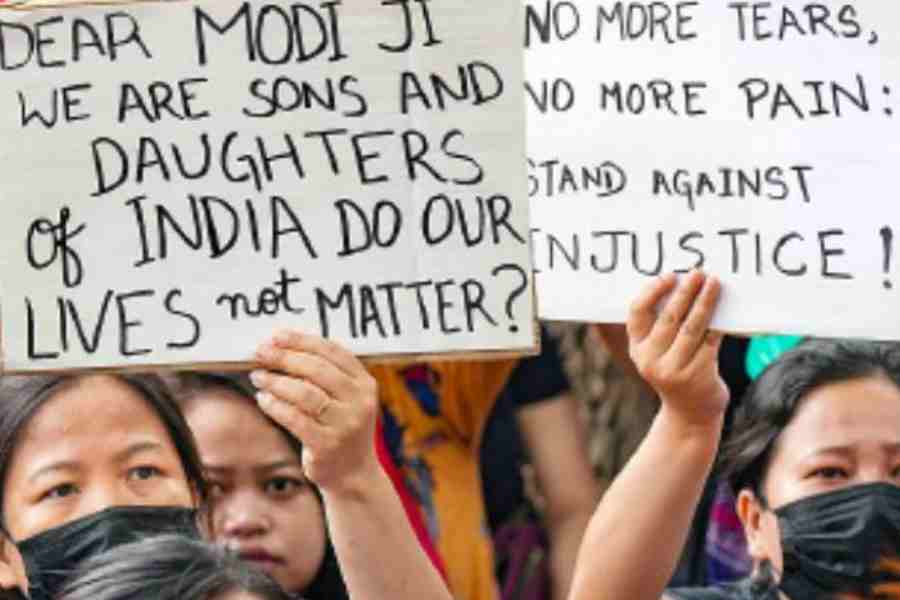 |
| Asian Development Research Institute member-secretary Shaibal Gupta at his office on Thursday. Picture by Nagendra Kumar Singh |
When economist and member-secretary of Asian Development Research Institute, Patna, Shaibal Gupta got a call from the Union finance ministry inviting him to be a member of a committee, he had no clue that its purpose would be to redefine the term “backwardness”.
“I have served on several committees of the finance ministry before but I did not realise the offer was related to the finance minister’s statement on the formation of a committee,” said Gupta, a strong advocate for giving special status to Bihar.
Now, he faces the tough task of presenting his recommendations within two months as a member of the six-member team led by chief economic adviser Raghuram G. Rajan. He talks to Dipak Mishra about the challenges ahead of him:
What will specifically be the job of the committee?
We don’t know the terms of reference yet but if I were to say it in one sentence: It would address the structural questions about the backwardness of a state. It will aim to democratise development and make it inclusive. When one talks about the aam aadmi (common man), one cannot ignore the backwardness of the state.
There are already criteria on which special status is given to states. Now this committee is going to suggest new parameters. Can both co-exist?
When you work on a national strategy, you have to look into a number of variables. For example, the disadvantages of a landlocked state (like Bihar) have never been considered. The natural destinations for investments are coastal states (Gujarat, Maharashtra), not landlocked states. So they face a natural disadvantage.
New parameters can exist with older ones. For instance, sparse population used to be considered a disadvantage for a state. But high density of population can also be a disadvantage.
What will be the main challenge of the committee?
After Independence, the Planning Commission has been the commanding force for higher economic development. However, there were many states, which have remained backward. After the liberalisation of economy (in the early 1990s), the main challenge of such a committee is to introduce development through the market system. The market component in underdeveloped states is very limited. In states like Bihar, the barter system is still prevalent. We have to make the market system work.
You must realise that when you talk about underdeveloped states you are including a very large portion of the country. There are questions about the benefits of special status given to certain states. Many of the special status states have not been able to take advantage of it…
One has to appreciate the fact that out of 600 districts in the country 150 are out the realm of governance because of radical political movements.
The committee will have to take into account several factors. As for states given special status, I would like to stress that any state should be able to take advantage of it. Bihar, Madhya Pradesh and Chhattisgarh definitely can. They are at a turning point of their economy. If Bihar gets special status, according to the old norms, it would have an additional funds of around Rs 8,000 crore every year.
Apart from taking factors like per capita income and other human development indicators, the committee has been asked to evolve a composite development index of states. What is that?
Apart from tangible factors like literacy and per capita income, I would like the committee to consider history of the states. State which were underdeveloped at the time of Independence are still underdeveloped.
The British were responsible for the de-industrialisation in the Bengal Presidency (of which Bihar was a part). Their economic policies were directly responsible for destroying indigenous trade and artisans. By the time the British colonised the west and the south, they stopped destroying industries.
Also, in states like Bihar, where the zamindari system was prevalent, there was little scope for independent governance, unlike western and southern states, which had the mahalwari system.
Finally, the social movements in Maharashtra and Tamil Nadu started as sub-nationalism and led to economic development. In Bihar, social movements took the form of caste struggle and conflict.
What happens after your committee submits its recommendations?
It will be for the Union finance ministry to take the call and implement it. Our job is limited.










